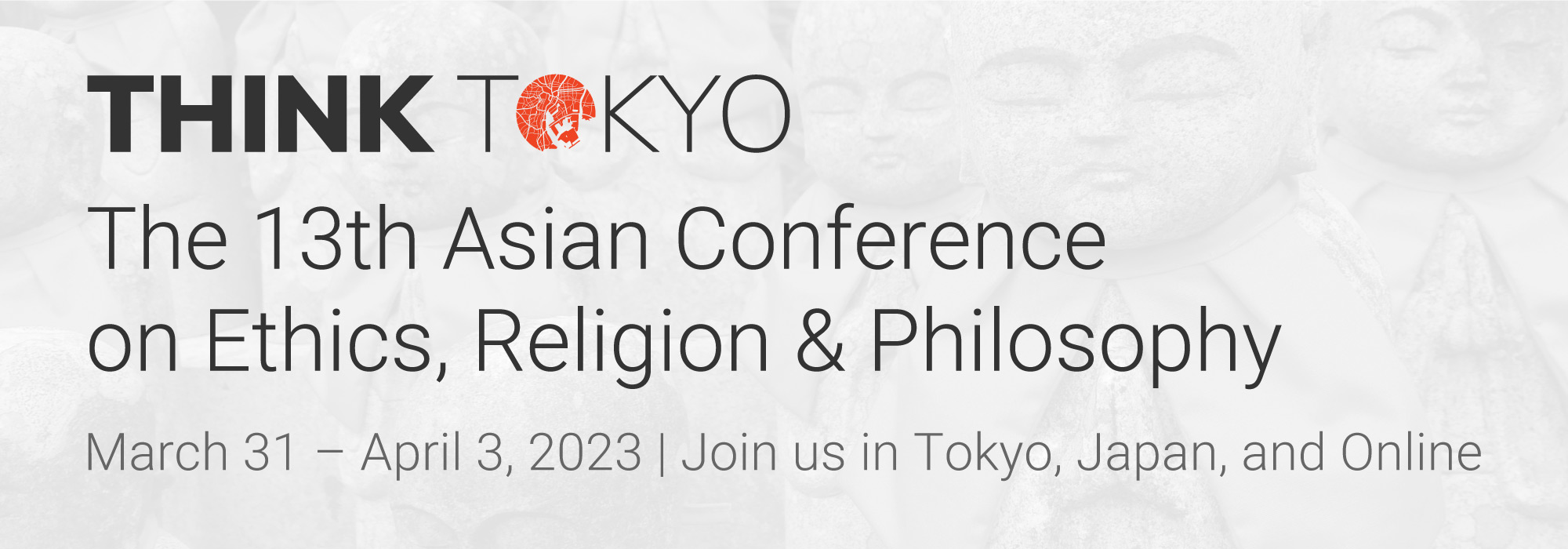Academic Self-concept, Global Self-esteem, and Social Integration of Students with Special Educational Needs in Higher Education (67458)
Session: On Demand
Room: Virtual Video Presentation
Presentation Type:Virtual Presentation
Inclusive education (IE) regulates that students with learning difficulties or with special educational needs (SEN) should study in the mainstream classrooms. Past research in the primary and secondary schools suggested that students with SEN showed lower self-concepts and experienced negative feelings about learning in mainstream classrooms. In the meantime, more and more students with SEN pursue their studies in higher education. Transition from secondary to tertiary education presents challenges and stress to many students, particularly students with SEN. This study examined academic self-concept, global self-esteem, and social integration of students with and without SEN. A questionnaire consisted of demographic characteristics, SEN status, and measuring instruments was put online to invite students’ participation. A total of 91 students with SEN and 458 students without SEN responded. The data showed that students with SEN showed satisfactory social integration. Compared with students without SEN, they were significantly lower in academic self-concept and inferior in global self-esteem. However, the difference was significant among female students, but not male students. Students with Type I disabilities (Physical and sensory impairments) were significantly higher in academic self-concept and global self-esteem than students with Type II disabilities (Learning difficulties and development disabilities) and Type III disabilities (Mental and emotional problems). Students with Type III disabilities were most vulnerable to poor academic self-concept and inferior global self-concept. Evidently, gender difference and types of disability should be taken into account in the implementation of IE. Limitations of the study were considered and implications of the findings discussed.
Authors:
Hoi Nga NG, Caritas Institute of Higher Education, Hong Kong
Kam Weng Boey, Caritas Institute of Higher Education, Hong Kong
Chi Wai Kwan, The University of Hong Kong, Hong Kong
About the Presenter(s)
Dr Hoi Nga NG is a University Assistant Professor/Lecturer at Caritas Institute of Higher Education in China
See this presentation on the full schedule – On Demand Schedule





Comments
Powered by WP LinkPress